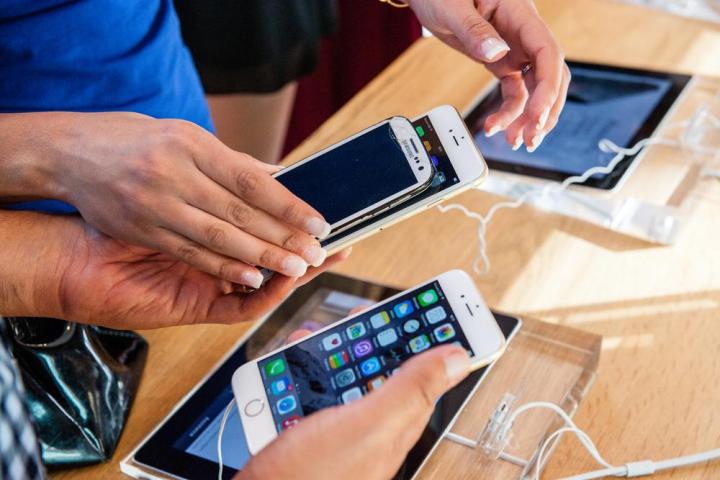
The patent in question, D618677, covers the surface design of the iPhone 3G. Apple patented the design in November 2008, but argued that D618677 relied on some of its previous patents and that protection for it should be backdated to January 5, 2007, according to the Verge. Extending protection of the patent to early 2007 gave Apple more time to go after competitors with similar designs, but the Patent and Trademark Office decided that protection should only extend to the November 2008 filing date.
The decision means that competitors like Samsung, who released phone designs similar to the iPhone between January of 2007 and November of 2008 are off the hook for violating that particular patent.
Other tech companies have weighed in with favorable statements on Samsung’s behalf. In a legal brief filed last month, Google, Facebook, and other tech companies argued that, “If allowed to stand,” the court’s decision “will lead to absurd results and have a devastating impact on companies who spend billions of dollars annually on research and development for complex technologies and their components.”
Even though Apple’s iPhone 3G design patent has been thrown out of the case, Samsung will probably still have to pay a sizable amount for other patent infringements against Apple. In May, the U.S. Court of Appeals for the Federal Circuit found that Samsung had violated a number of Apple design patents that covered touch commands like tap-to-zoom and bounce-back scrolling. The appeals court reversed a lower court’s decision that Samsung had infringed an Apple patent for “trade dress” — the outer appearance and feel of the phone.
An upcoming third trial will determine the amount that Samsung will be forced to pay Apple, but the invalidation of D618677 is likely to decrease the amount even more.


